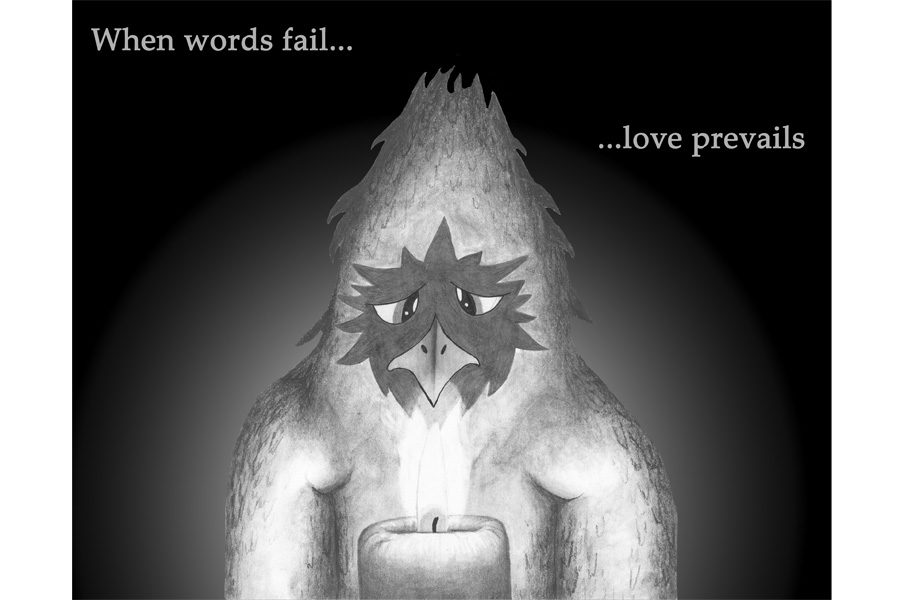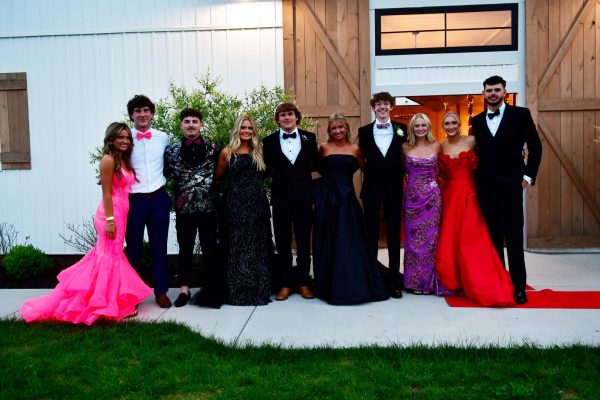Our Grief and How We Grieve is Just as Unique as We Are
It is impossible to wrap our minds around the tragedies we have endured over the past month as a GRC family.
We are powerless to come up with right words. To help us properly sort out our thoughts and emotions, it’s wise to be aware of some proven truths regarding loss and grief.
Regardless of whether the loss is small or large, the five stages of grief remain consistent.
Grief expert and well-known psychologist Elisabeth Kubler-Ross is known for her groundbreaking work on the five stages of grief.
These stages of grief “were never meant to help tuck messy emotions into neat packages. They are responses to loss that many people have,” says David Kessler, co-author to Kubler-Ross.
The five stages aren’t a rule book we follow play by play. Not everyone goes through the stages at the same pace or same order.
Some people never completely make it through all of them and others get bumped back to a previous stage.
Still, they are a guide for the emotions we can expect to have at some point through the process.
The bottom line is that our grief and how we grieve is just as unique as we are.
Stage one, denial, helps survive the loss. To some people, the world becomes meaningless, and nothing makes sense anymore.
In this state of shock and denial, we go numb to our feelings. We try to find a simple way to get through each day.
Denial helps pace our feelings of grief. It’s nature’s way of letting ourselves handle as much as we can at that time. As time passes and we start to accept the denial, we begin the healing process. The denial fades and we grow stronger.
But with time those feelings we denied surface and we can begin the next stage: Anger.
Anger is necessary to heal. Feel the anger. The more we feel it, the more it subsides, and the more we heal.
Other emotions besides anger may surface later, but anger is the emotion we deal with daily and can manage it well. Be aware that this anger has no limits.
It can extend to anyone we come in contact with. The anger is masking the pain we feel deep down.
“Anger is strength and it can be an anchor, giving temporary structure to the nothingness loss,” writes Kubler-Ross.
The next stage, bargaining, is the “What if” stage.
“What if I could’ve helped?”
“What if I had done this or that differently?”
“What if… What if… What if…”
We begin to beg and plead for life to return to how it was before.
But these “What ifs” only cause us to find fault in ourselves. We may even bargain our pain. We will give anything to not feel that pain.
The next stage is depression. This is when our attention moves to the present. Emptiness presents itself and grief reaches deeper than we ever really imagined.
This depression isn’t a sign of mental illness. It’s appropriate to feel such a deep loss. We feel as though a fog of sadness, wondering, and loneliness has clouded our lives.
If the grief process brings healing, then depression is a step on the way to be fully healed.
The “finale” stage is acceptance. Acceptance isn’t being okay with what happened. It’s accepting that it did happen.
You may never feel “alright” with what happened. It’s learning to live with what happened and try to move forward.
Instead of denying our feelings, we must listen to our needs. We begin to live again, but we can’t do that until we’ve given grief time.
Each one of these steps can be experienced in a different order.
And once we reach one step, it is absolutely okay to go back to another step and then to another.
Healing is a process and we each do it differently.
As we progress through the stages of grief, may we do our best to lean on each other.
The more we show love, the easier we can all heal together.

Emma Mitmesser is a Senior and first-year Smoke Signals member. Her favorite TV show of all-time is The Office and her favorite color is green.







